Hey there! Have you ever woken up, tried to revel in your morning espresso, and thought, “Ouch, why does the roof of my mouth harm?” If so, you’re not on my own. A swollen or sore palate can sneak up on you, turning easy things like eating or talking into a real task. It’s one of those demanding little mysteries that can variety from no massive deal to some thing well worth checking out. So, let’s dive in together—I’m here to walk you through the most common reasons your roof of mouth hurts, how to spot what’s going on, and what you can do about it. Plus, I’ll let you know when it’s time to call in the pros. Stick with me, and through the end, you’ll sense like a mini-professional to your personal mouth!
What’s Making the Roof of My Mouth Swollen?

First off, allow’s determine out what’s in the back of that swelling. The roof of your mouth—your palate—can puff up for all sorts of reasons. Some are super common and easy to fix, while others might need a little more attention. Here’s the rundown of the usual suspects.
Mouth Sores: Those Pesky Canker and Cold Sores
Ever had a tiny, painful spot pop up in your mouth that makes everything sting? That’s probably a canker sore. These little ulcers can show up anywhere inside your mouth, including the roof, and they’re no picnic. They’re often white or yellow with a red edge and can flare up thanks to stress, spicy foods, or even a little nick from brushing too hard. Then there are cold sores, caused by the herpes simplex virus (research from GoodRx). They’re more famous for hanging out on your lips, but they can crash the party inside your mouth too, bringing swelling along for the ride.
How to Tell It’s a Sore: With canker sores, you might feel a tingle or burn before the sore shows up. Once it’s there, it’s small, round, and hurts like crazy—especially with salty chips or OJ. Cold sores kick off with that same tingly vibe, then turn into blisters that pop and crust over. Either way, the swelling around them can make your palate feel tender and puffy.
Injuries: Oops, Did I Burn or Scratch It?
Let’s be real—how many times have you bitten into pizza straight from the oven and instantly regretted it? Burns from hot food or drinks are a top reason the roof of your mouth hurts. Same goes for scratches from crunchy stuff like tortilla chips or crusty bread. Even brushing your teeth like you’re scrubbing a floor can nick the palate and leave it swollen.
Spotting the Damage: If it’s an injury, you’ll probably remember the culprit—like that scalding soup or rogue popcorn kernel. The swelling sticks to where the action happened, and you might see redness, a tiny cut, or a burn spot. It’s sore, but usually not a mystery.
Dehydration: When Your Mouth’s Too Dry
Did you skip your water bottle all day or maybe have one too many cocktails last night? Dehydration can dry out your mouth, leaving less saliva to keep things comfy. That dry mouth (fancy term: xerostomia) can make the roof of your mouth feel swollen and weirdly tight. Meds, caffeine, or just not drinking enough H2O can all play a part.
Clues You’re Parched: Beyond the swelling, you might feel thirsty all the time, have dry lips, or notice your pee’s looking more like iced tea than water. If this sounds familiar, grab a glass of water and see if things perk up.
Infections: Thrush and Other Nasty Bugs
Sometimes, the roof of your mouth hurts due to the fact some thing funky’s growing in there. Oral thrush, a yeast infection, likes to installation shop in warm, wet spots like your mouth. It leaves white or yellow patches that can swell up the palate. Bacterial or viral infections—like strep throat—can also fire up problem and make things sore.
Signs of Infection: With thrush, look for creamy patches you could scrape off, leaving a raw pink spot. You might also feel feverish or notice your neck glands puffing up. If that’s the vibe, a doctor’s visit might be in order—antibiotics or antifungals could be your fix.
Mucoceles and Papillomas: The Rare Guests
Not as common, but still worth a mention—are mucoceles and squamous papillomas. A mucocele is a little cyst that pops up when a salivary gland gets blocked, maybe from a bite or bump. It’s like a tiny, soft water balloon—usually painless but can swell things up. Squamous papillomas are growths tied to HPV (yep, that virus). They’re small, wart-like bumps that might bug you if they get rubbed a lot.
How to Spot Them: Mucoceles feel squishy and might shrink or grow randomly. Papillomas are firmer, rougher, and stick around. If you’ve got a weird bump that won’t quit, a dentist or doc can take a peek.
Allergies: When Your Mouth Says “Nope”
Eaten something new lately—like shrimp or a new med—and now your mouth’s acting up? Allergic reactions can make the roof of your mouth swell fast. You might also itch, get hives, or feel your throat tighten. Nuts, shellfish, and some drugs are common triggers.
Allergy Red Flags: If swelling hits right after a bite or pill, and you’re itching or struggling to breathe, don’t wait—get help ASAP. Allergies can escalate to anaphylaxis, which is emergency territory.
What Else Should I Look Out For?

Swelling’s just the start—other symptoms can tag along and give you clues about what’s up. Here’s what to keep an eye on so you know if it’s a quick fix or a bigger deal.
Pain That Won’t Chill Out
When the roof of your mouth hurts, pain’s usually part of the package. How bad it gets depends on what’s causing it—canker sores and burns can sting like crazy, while dehydration might just feel off. If it’s sharp or sticks around too long, that’s your cue to dig deeper.
Blisters or Weird Spots
Seeing blisters, sores, or funky patches up there? Could be an infection or irritation. They can make eating a chore and might need a pro’s opinion if they look odd or won’t heal.
Dry Mouth and Thirst Overdrive
If dehydration’s to blame, your mouth might feel like sandpaper, and you’re chugging water nonstop. That sticky, dry vibe is a dead giveaway—time to hydrate like it’s your job.
Fever and Puffy Glands
Running a fever over 103°F (39,5°C) or feeling swollen lymph nodes under your jaw? That’s infection territory. It’s not just annoying—it might need meds to knock it out.
Hard to Eat or Swallow
When swelling makes chewing or swallowing feel like a workout, it’s rough. Sores or big inflammation can do that—stick to soft stuff and take it easy till it calms down.
How Can I Make It Feel Better at Home?

Good news—lots of these issues can chill out with some TLC at home. Here’s how to soothe that sore roof of your mouth without a trip to the store (mostly).
Healing Burns and Scrapes
Got a burn or cut? Rinse with cool water to calm it down. A medicated mouthwash or sore-relief gel (check your pharmacy aisle) can ease the sting. Skip the hot wings or lemonade till it’s better—those’ll just make you wince.
Fixing Dehydration
If you’re dried out, water’s your BFF—aim for eight glasses a day. Sports drinks can help with electrolytes, or munch on watery snacks like cucumber or watermelon. Ditch the coffee or beer for now; they’re not doing you any favors.
Soothing Mouth Sores
For canker or cold sores, grab an over-the-counter gel to numb the pain. Mix a teaspoon of salt in half a cup of warm water, swish for 30 seconds, and spit—it’s old-school but works. Ice chips or popsicles can cool the burn too. Most sores fade in a week or two.
Easy Does It Tips
No matter the cause, go gentle—soft foods like yogurt or mashed potatoes are your allies. Avoid spicy or crunchy stuff, chew slow, and maybe keep the big laughs on hold. Your mouth will thank you.
When Should I Call a Doctor?
Most times, you can handle this at home, but sometimes you need backup. Here’s when to wave the white flag and get some expert help.
It’s Not Going Away
If the swelling’s still there after 7-10 days, or it’s getting worse, don’t ignore it. Same goes for killer pain that won’t quit—could be something bigger brewing.
Infection Vibes
Fever spiking, pus showing up, or redness spreading? If your glands are swollen too, you might need antibiotics or antifungals. Don’t tough it out—see a doc.
Injury Gone Wrong
Bleeding won’t stop, breathing’s tough, or it looks infected after a burn or cut? That’s urgent—head to a pro fast.
Scary Stuff to Watch
Sores that won’t heal after two weeks, lumps, a raspy voice, trouble chewing, numbness, odd patches, loose teeth, or ear pain? These could hint at oral cancer. It’s rare, but early checks save lives—get it looked at pronto.
How Do I Keep This From Happening Again?
Prevention’s the name of the game. You can’t dodge everything, but these tricks can cut your odds of a sore palate.
Don’t Burn Yourself
Let that soup or pizza cool off before diving in. With crunchy foods, take tiny bites and chew like you’ve got all day. Utensils are your friends with hot stuff.
Stay Juiced Up
Keep water handy—sip all day. Cut back on booze and caffeine if your mouth’s prone to drying out. A humidifier at night or sugar-free gum can boost saliva too.
Chill Out
Stress loves to spark canker sores. Try yoga, a brief walk, or a few deep breaths to keep it in take a look at. If it’s overwhelming, a chat with a counselor would possibly assist.
Brush Smart
Brush twice daily, floss, and hit the dentist regularly. Good habits keep infections at bay. If thrush is your nemesis, ask about an antifungal rinse.
Wrapping It Up
So, there you have it—a swollen roof of your mouth can throw you for a loop, but now you’ve got the scoop on why it happens and how to fix it. Whether it’s a rogue canker sore, a hot coffee mishap, or something sneakier, you’ve got options—home remedies for the small stuff and a heads-up on when to call a doc. Your mouth’s a big part of your day-to-day, so don’t let it suffer in silence. Ever dealt with this? How’d you shake it off? Drop a comment—I’d love to hear your story or answer any questions!

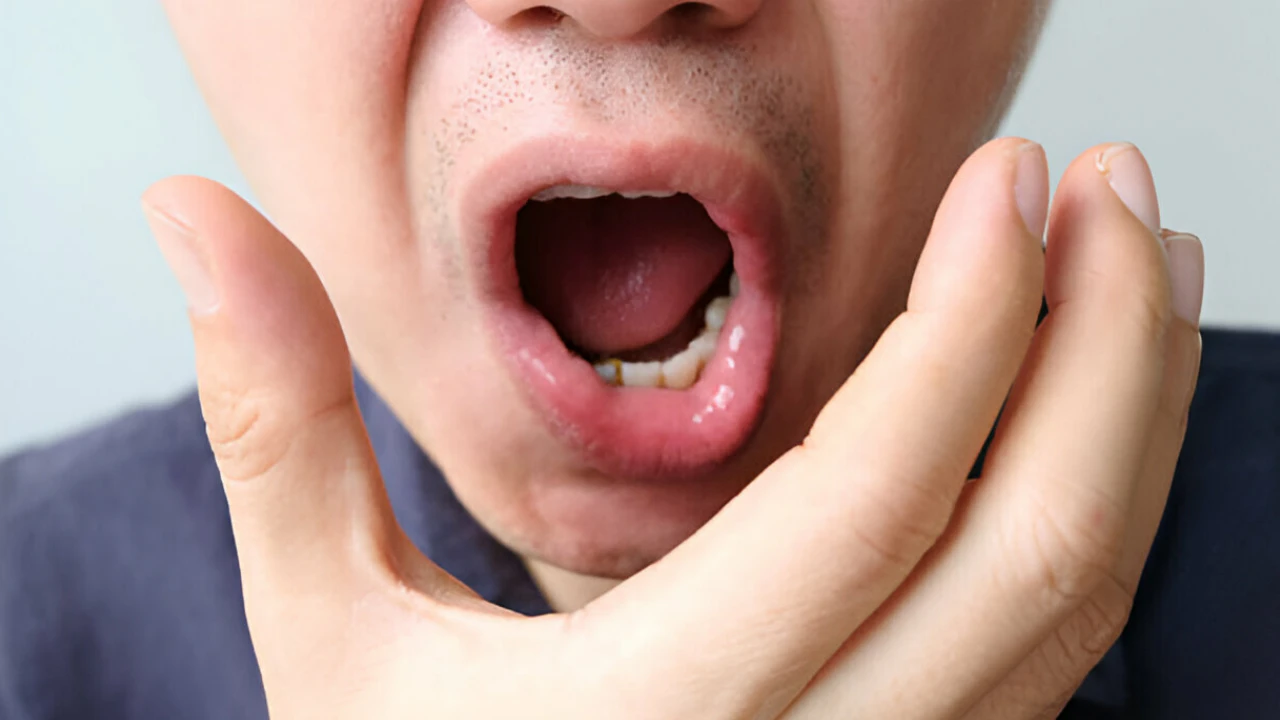
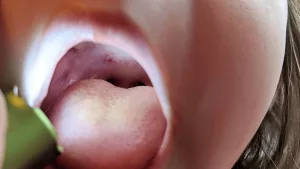

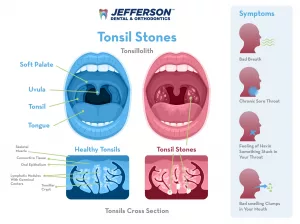
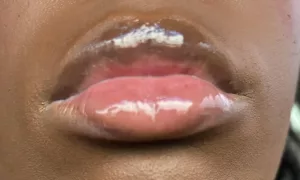
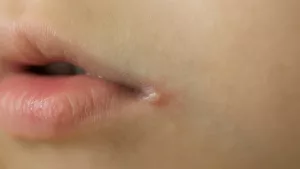
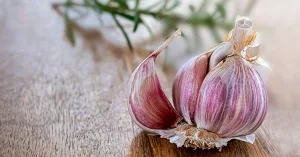
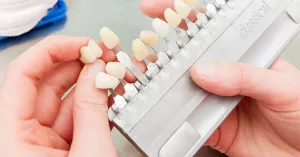
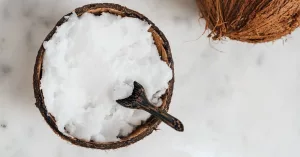



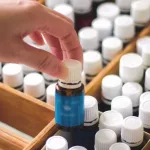

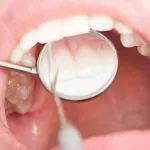







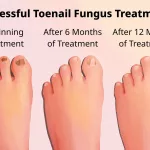

Leave a Reply
You must be logged in to post a comment.